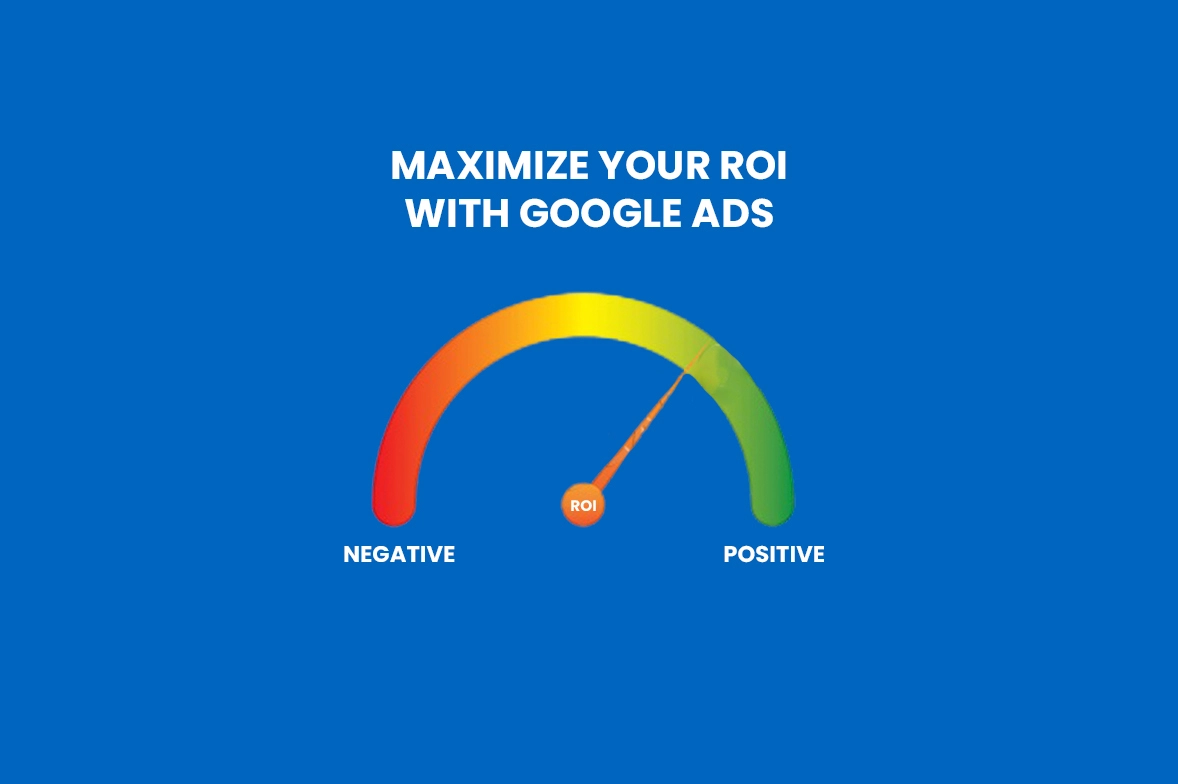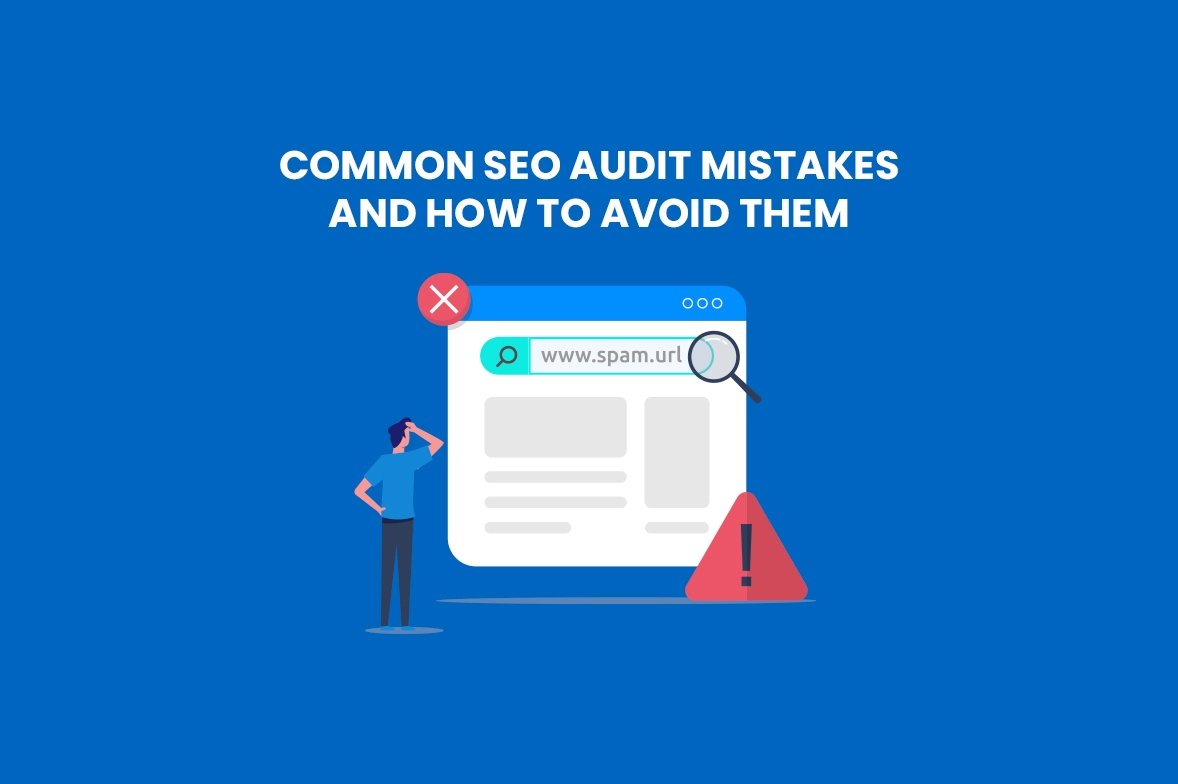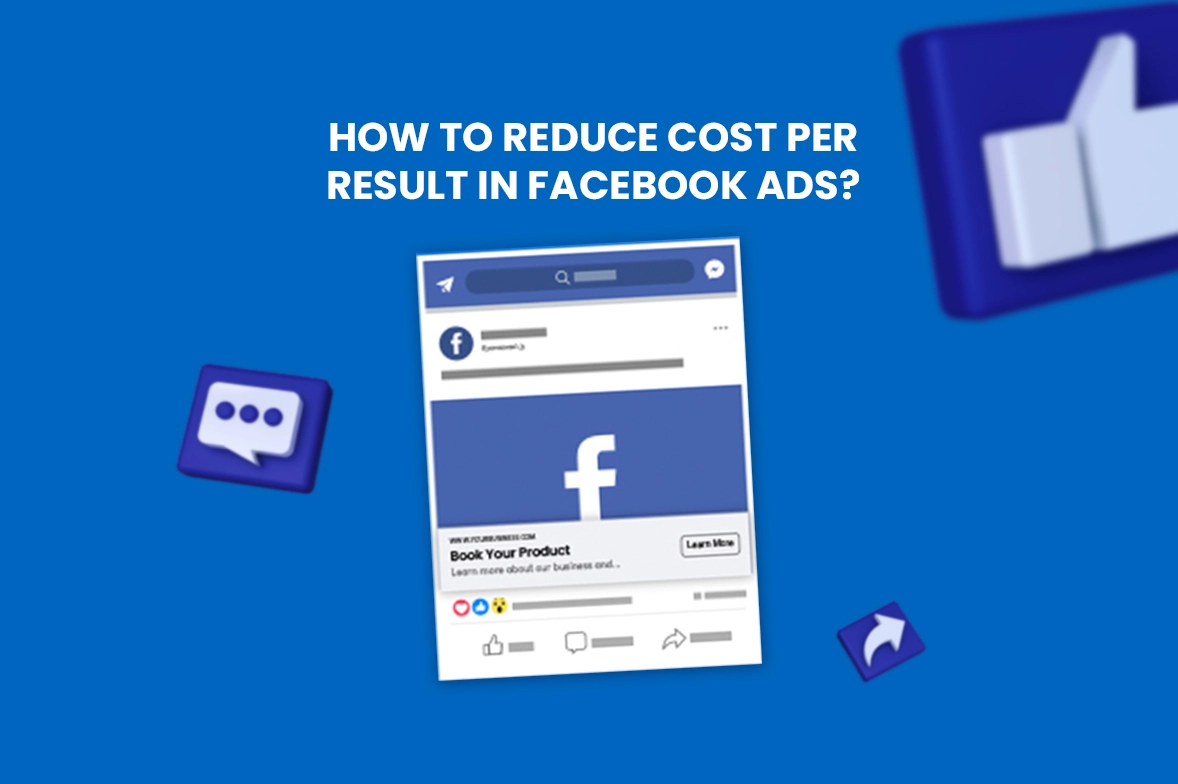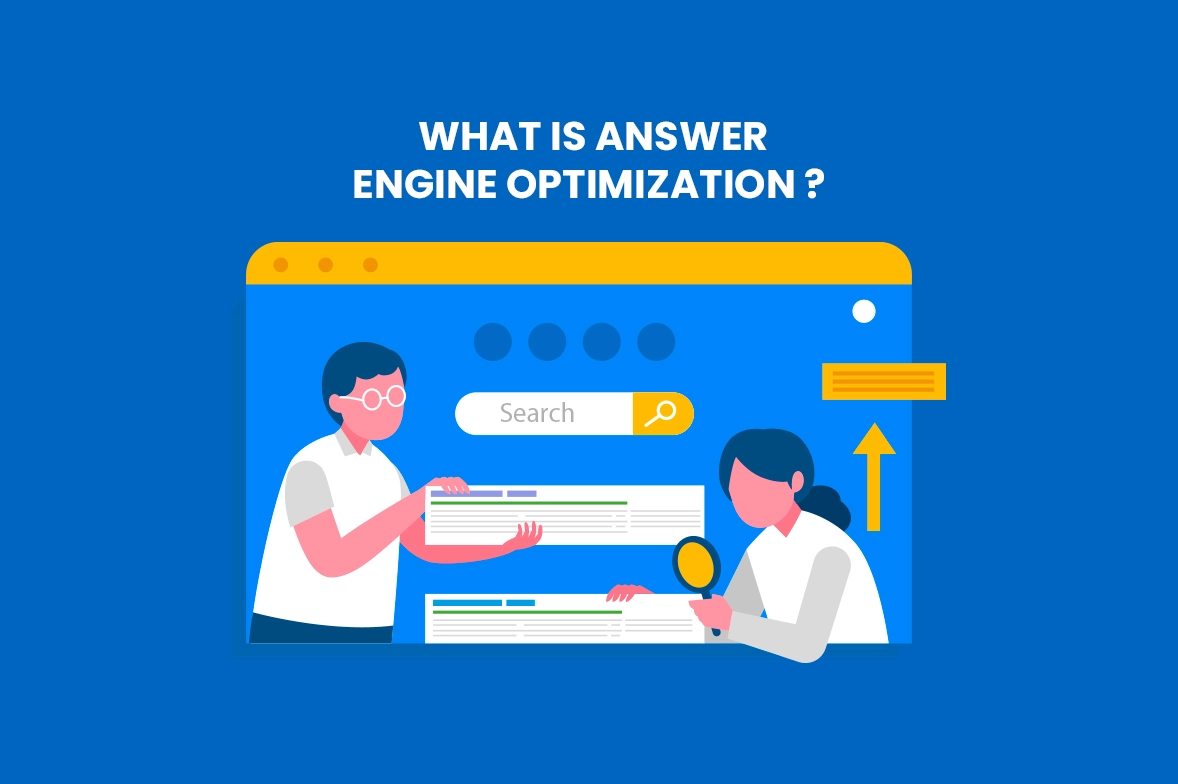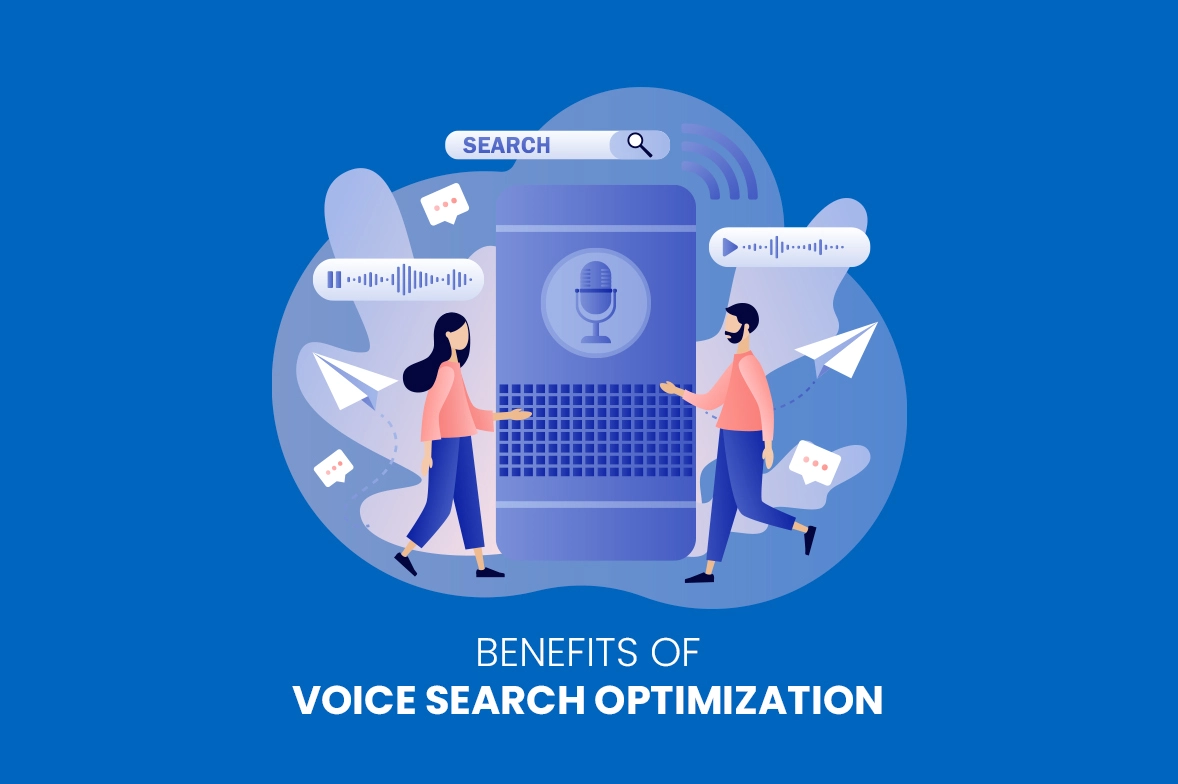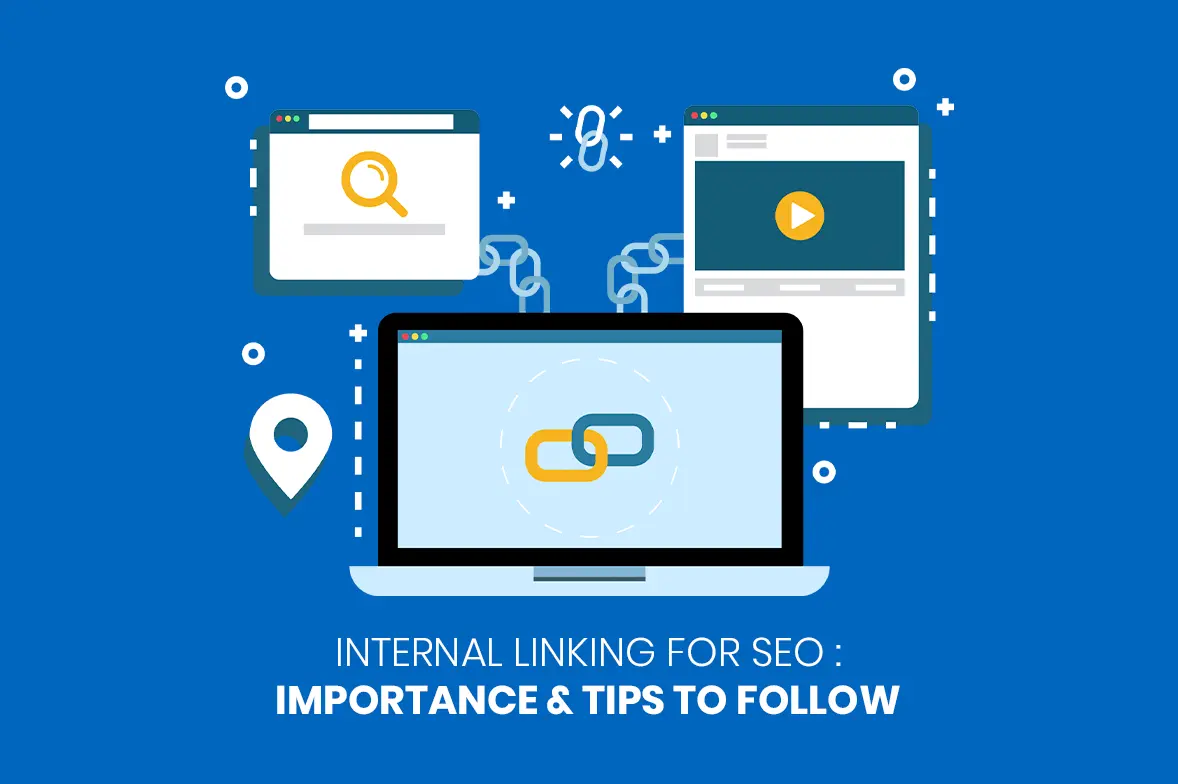
15 Tips To Improve SEO For E-commerce
In today’s digital world, being distinct from your competitors is essential for the success of any e-commerce firm. Making sure your e-commerce website ranks highly on search engines is mostly dependent on search engine optimization (SEO), which will ultimately increase traffic and sales. We’ll look at important tactics and pointers in this blog to enhance SEO and increase the exposure of your online store.
What is E-commerce SEO?
E-commerce SEO is a marketing strategy that involves increasing your store’s visibility on search engine result pages (SERPs). A well-ranked page receives more visitors, therefore aim for the highest possible ranking. To put it another way, SEO for e-commerce website focuses on optimizing your website to make lead generation and conversions simpler. However, unlike SEO for content-driven websites, optimizing your online store involves more than just adding keywords, producing blog articles, and acquiring links. You must grasp how search engines operate and what they offer.
E-commerce SEO Consists Of Three Basic Components:
- Keyword Optimization
Identifying and employing the appropriate keywords is vital for e-commerce SEO. This involves researching and strategically employing relevant keywords that your target audience may be searching for. You may raise your website’s search engine ranking by using these keywords to optimize product descriptions, titles, and meta tags.
- User Experience (UX)
Improving user experience is crucial for customer satisfaction and search engine optimization. A website that is structured, easy to use, loads quickly, and is responsive to mobile devices improves user experience (UX), which in turn encourages visitors to stay on it longer and raises ranks.
- Technical Optimization
Technical SEO involves strengthening the core structure of your website. This includes making sure your website is easily crawled by search engines, removing broken links, optimizing site speed, and generating an XML sitemap.
SEO is indispensable in the e-commerce industry, due to its direct effect on product visibility, ability to connect with potential clients, and ability to boost online sales. Even the most well-designed website may find it difficult to gain popularity without adequate SEO.
Tips To Improve SEO for E-commerce
There are several tips to improve the SEO for e-commerce websites and here we are discussing some of the key SEO strategies for e-commerce websites.
- Conduct Thorough Keyword Research
It’s crucial to conduct proper keyword research to improve your website’s SEO. You can begin by researching the relevant keywords that your target audience might use to search for. You can also make use of resources like Ahrefs or Google Keyword Planner to find high-ranking keywords. Thereafter, incorporate those keywords into your content and product listings.
- Optimize Title and Description Meta Tags
The title and meta description tags are essential parts of SEO for e-commerce websites. They have an immediate effect on your click-through rates and it also influences how your sites show up in search engine results. Unique keyword-rich titles, engaging meta titles, and avoiding duplicate tags will help you in this process.
- Optimize Product Pages
Every product page ought to have crisp, keyword-optimized descriptions, descriptive yet concise product titles, and high-quality images. This improves the way customers and search engines find and comprehend your stuff.
- Improve Site Speed
Users always tend to look for sites that load fast. A fast-loading website enhances the user experience which will affect your website ranking. By optimizing the images on the webpage, minimizing the codes, and so on you can improve your site’s speed.
- Mobile Optimisation
With the massive use of mobile phones by people, it’s very important to have a mobile-responsive website. As online shopping has become common, most people access e-commerce sites through their mobile devices. Moreover, google highly prioritizes such mobile-optimised websites.
- Create High-Quality and Relevant Content
Content always plays an important role in building your web page’s ranking on Google. Quality and relevance are major factors that we need to take care of in content writing. Try to write engaging and informative content related to your products or services.
- Image Optimization
For an e-commerce website images are the most essential components, as they attract customers. Images are used to showcase your products and improve your shopping experience. Two primary issues are resolved by picture optimization: it accelerates loading times and drives traffic by generating conversions from image searches.
- Optimize URLs for SEO
A well-written URL should be brief, informative, and include relevant keywords that accurately sum up the content of the website. You must know that search engines value accessibility. Thus, make an effort to keep your URL straightforward, and accessible by both people and search engines. An effective URL structure aids in Google’s crawling and indexing of your website.
- Utilize Customer Reviews for SEO
Try to encourage your customers to leave a positive review on your website. Testimonials from satisfied customers about how well the goods fulfilled their wants or about how quick or accurate your brand is will be very helpful to your store’s SEO efforts. Such user-generated content will build trust among the audience.
- Leverage Social Media for SEO
Social media is one of the most influential platforms in the digital realm. Share your products and content through social media platforms to drive more traffic to your website. Even if they don’t bring out any traffic directly into the website, it will give more visibility to your website.
- Use Responsive Design
A responsive website ensures that your website can automatically adjust to fit the screen size of various devices whether, you are using a mobile phone, laptop, tablet, or any other device. This highlights your website’s adaptability across various platforms. Ensuring your e-commerce website is responsive can improve its SEO performance and give customers an error-free, cross-platform purchasing experience.
- Find and Improve Broken Links
Broken links negatively affect the website and SEO for e-commerce websites. A website with a high number of broken links might annoy visitors resulting in a bad user experience. Moreover, you should make sure that your website is free of broken links because page experience affects how Google ranks websites in search results. You can use Site Explorer to find the broken links and remove such links.
- Regularly Monitor and Analyze Performance
Remember to measure the performance of your website regularly. You can make use of tools like Google Analytics, Google Search Console, Salesforce built-in analytics, etc. to monitor and analyze its performance. By analyzing the performance results you can monitor the rankings, and traffic and also update the SEO strategy for e-commerce websites.
- E-Commerce Website Category Pages
Broad search phrases and longer-tail, more focused keywords can both be effectively targeted with category pages. One of the most important aspects of e-commerce SEO is product classification. Categories may not be used by information sites, but they serve as entrance points to the catalog while searching for products in online retailers.
- Configure Robots.txt and sitemap.xml Files
To manage how search engines index and crawl your e-commerce website, you must configure your sitemap.xml and robots.txt files. With the help of these files, search engines may more easily navigate your website, indexing the appropriate pages and avoiding duplicate or irrelevant information. The visibility of your website in search results can be greatly increased by properly configuring these files.
The success of your site depends on how well you implement SEO strategies for your e-commerce website. SEO for an e-commerce website can help you increase the exposure of your website, bring new clients to your business, and develop a loyal customer base. Following the tips mentioned above can improve your site’s visibility and ranking. Even though following these guidelines can help e-commerce sites rank well in search results, staying updated with SEO is advisable as it’s a rapidly evolving discipline.
Nijoe Varkey
With over 20 years of experience in digital marketing, Nijoe is the founder, CEO, and driving force behind Dinero. He is an expert in SEO, social media, performance marketing, and all fields of digital marketing. With a deep understanding of industry trends and innovative strategies, he is committed to delivering results that help clients grow.



